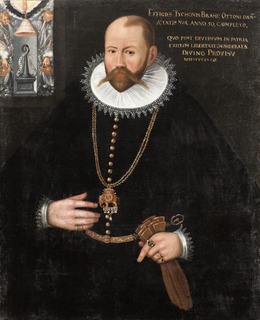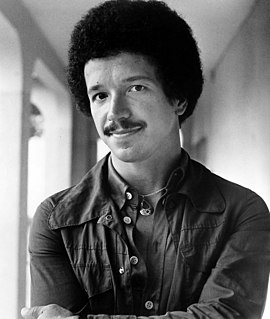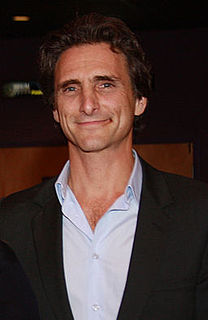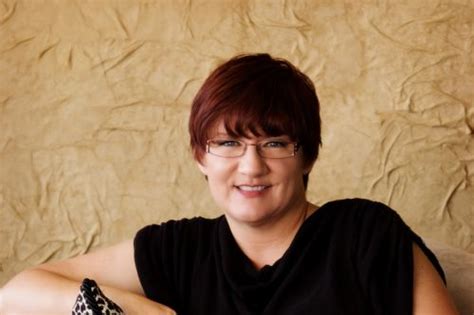A Quote by Vikram Chandra
And so I began to read,' Sorkar said. 'And at first the complete works were like a jungle, the language was quicksand. Metaphors turned beneath my feet and became biting snakes, similes fled from my grasp like frightened deer, taking all meaning with them. All was alien, and amidst the hanging, entangling creepers of this foreign grammar, all sound became a cacophany. I feared for myself, for my health and sanity, but then I thought of my purpose, of where I was and who I was, of pain and I pressed on.
Related Quotes
The star [Tycho's supernova] was at first like Venus and Jupiter, giving pleasing effects; but as it then became like Mars, there will next come a period of wars, seditions, captivity and death of princes, and destruction of cities, together with dryness and fiery meteors in the air, pestilence, and venomous snakes. Lastly, the star became like Saturn, and there will finally come a time of want, death, imprisonment and all sorts of sad things.
There are some movies that deserve criticism. They want people to know that it's a great dramatic accomplishment and has some great performances in it. But, c'mon. Yes, you will have some fun if you go see 'Snakes on a Plane.' Snakes are biting people - and they're biting them right on screen. There's nothing to review. It's not 'Snakes on the Waterfront.' You don't have snakes going, 'I coulda been a constrictor.' No. Hell no. It's 'Snakes on a Plane.'
Gandalf! I thought you were dead! But then I thought I was dead myself. Is everything sad going to come untrue? What's happened to the world?" A great Shadow has departed," said Gandalf, and then he laughed and the sound was like music, or like water in a parched land; and as he listened the thought came to Sam that he had not heard laughter, the pure sound of merriment, for days upon days without count.
One of the reasons I love language is that concerning semiotics, language is an arbitrary sign system, which means the signs within it are free-floating, but we put them in a certain order to get them to have meaning for us. If we left them alone, they'd be like water, like the ocean. It would be just this vast field of free-floating matter or signs, so in this way, I think language and water have much in common. It's only us bringing grammar and syntax and diction and the human need for meaning that orders language, hierarchizes it.
This rose became a bandanna, which became a house, which became infused with all passion, which became a hideaway, which became yes I would like to have dinner, which became hands, which became lands, shores, beaches, natives on the stones, staring and wild beasts in the trees, chasing the hats of lost hunters, and all this deserves a tone.
When I first began learning yoga, I found it really hard because I couldn't clear my mind for the meditative part of it, but then after a few weeks it became easier and I could see how it began to change my body. I became more flexible and more relaxed and at peace with my environment. I love yoga and I encourage all my friends to practise it.
What [Nietzsche] calls slave morality is to him purely spite-morality; and this spite-morality gave new names to all ideals. Thus impotence, which offers no reprisal, became goodness; craven baseness became humility; submission to him who was feared became obedience; inability to assert one's self became reluctance to assert one's self, became forgiveness, love of one's enemies. Misery became a distinction
Men didn't like to empty bedpans, so we made women nurses. Then men didn't like to do the administrative stuff, so women were allowed to become secretaries. That's the way they entered the work force. Then we began to educate them because they had to be educated. But it wasn't until after World War II that most of the great universities of this country became coeducational.
Ambulances were cool. “You just want to fondle my extraneous body parts,” I said to the EMT as I picked up a silver gadget that looked disturbingly like an alien orifice probe, broke it, then promptly put it back, hoping it wouldn’t leave someone’s life hanging in the balance because the EMT couldn’t alien-probe his orifices.






































